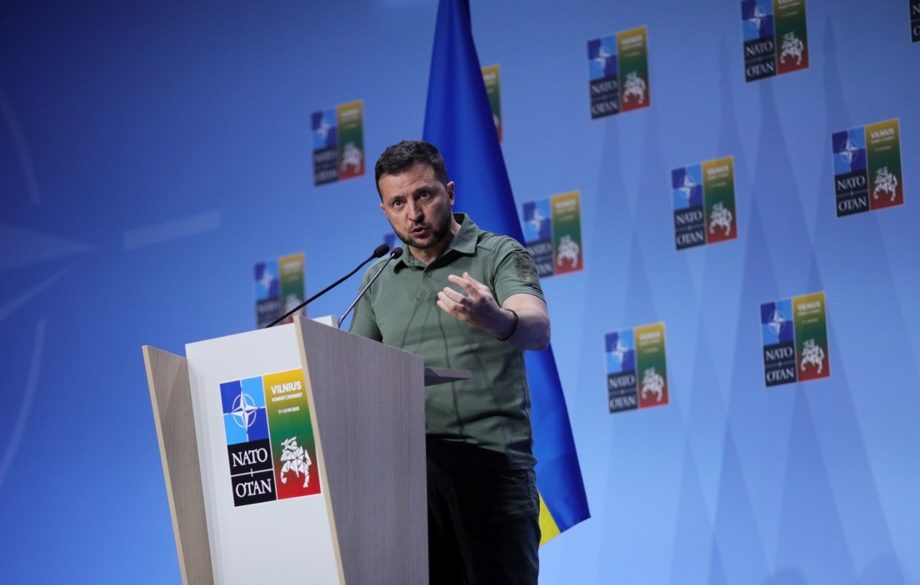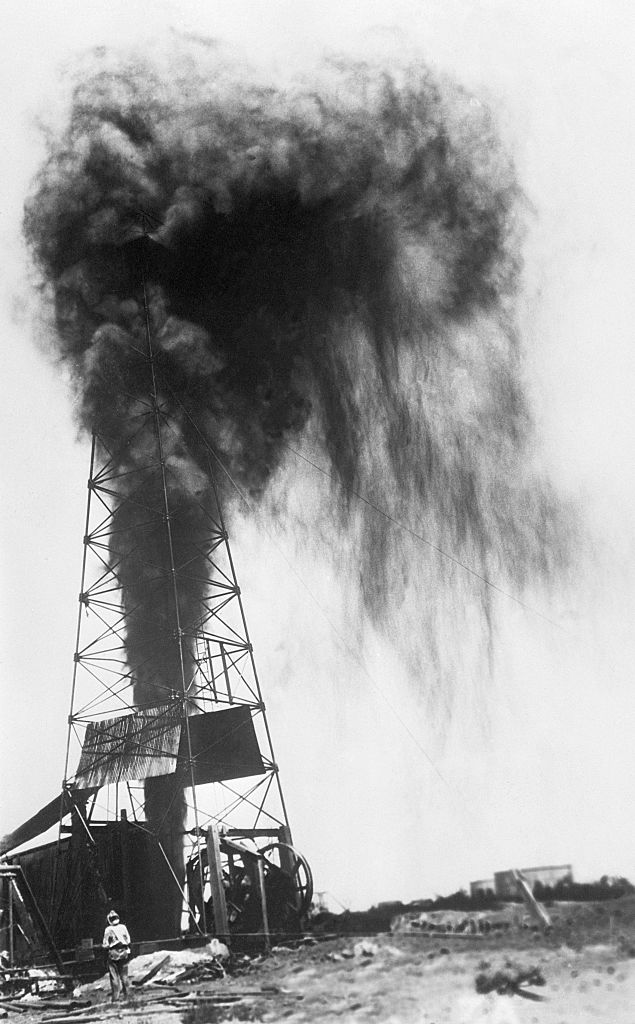The two most important elements a state needs to have at its disposal in the international arena are first, a strategy, and second, the capabilities to execute said strategy.
At the time of writing the world is entering a new phase of great power competition, with the United States and her – sometimes reluctant – European allies on one side and the China-Russia-Iran axis on the other side. Any serious analysis of where this competition might be going must first assess what strategies are pursued by the individual actors and what their actual capabilities truly are.
Before we begin said analysis, however, it has to be said that it is unclear whether the countries involved are themselves aware of the strategy-capability nexus.
The United States, for example, are a nation that is very capable, but lacking a cohesive strategy. It is blessed with almost unlimited energy resources, a dynamic and innovate economy, friendly neighbours to the North and South, while being protected by oceans to the East and West. It commands the only military that is able to apply force anywhere on the globe within 24 hours.
With at least 750 military bases around the world, Washington has a network at its disposal that is unmatched by any ambitious competitor, and despite their best efforts neither China nor Russia are capable of similar force projection.
Certainly, the Chinese navy is making progress, and Beijing’s growing ship-building capacity is something to keep an eye on, but currently this is almost exclusively a Green Water navy able to operate close to shore, and not an aircraft-carrier-supported Blue Water navy that can operate under all maritime conditions.
Russia has been severely underestimated by the West in both its industrial capacity and its ability to reconstitute its forces after over two years of fighting in Ukraine, yet the fact remains that the invasion that began in 2022 has been a failure. Putin’s hopes for a Blitzkrieg on Kyiv followed by territorial gains in eastern Ukraine and the installation of a puppet regime in the western part have not materialized. Instead, Moscow is bogged down in a war of attrition with the West while becoming increasingly dependent on China, a fact that the latter is well aware of.
Alas, none of this means that the West is “winning” by any stretch of the imagination.
Despite certain structural advantages, the West lacks a cohesive strategy and has been so for years, if not decades. This failure to formulate broad strategic goals poses a geopolitical risk all in itself, because if neither one’s enemies nor one’s friends know what you want, the risk of them miscalculating is growing exponentially.
Take, for example, the negotiations about Ukrainian NATO membership. As if on purpose, Kyiv was kept in a form of geopolitical purgatory where the US and their European NATO partners agreed in principle on a potential candidate status while never setting up an actual timeline.
Just as with Turkey’s negotiations about becoming an EU member state, both Brussels and Washington seem to prefer creating hopes without any intention to ever following through. The Turks most likely have accepted that they will never become part of the EU – something that has been clear for decades, not least because the European public has been consistently opposed to such a step – and Ukrainian NATO membership is also unlikely.
In order to avoid having to say “no,” the West was saying “maybe,” which ultimately contributed to the worst possible outcome: Ukraine believed it was on a path to EU and NATO membership (which it was not), and Russia was worried that the full Westernization of Ukraine would forever cut Moscow off from its aspirations to be a European power.






War in Ukraine has gone on too long and cost too many lives – only a second Trump presidency has the chance of bringing peace with honour for Kyiv